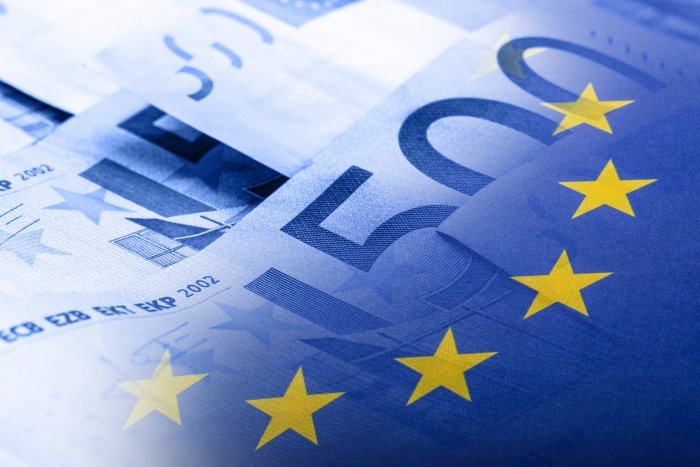Big Mac Index: Hungarian forint 37.6% weaker than U.S. dollar

pixabay, photosop by chris
The value of the Hungarian forint is 37.6% lower than the value of the American dollar, as such Hungary is still among the cheap countries, according to the latest Big Mac Index compiled by The Economist, published yesterday.
The Big Mac Index, invented by The Economist in 1986, is based on the theory of purchasing-power parity (PPP), and takes the price of a Big Mac burger sold in the United States as a basis for comparison.
On January 6, a Big Mac burger in the United States cost $4.93, while in Hungary the same burger’s price was $3.08, The Economist said. In the Eurozone a Big Mac cost $4.00, while in Poland the same burger was $2.37, the index shows.
The most expensive country among those investigated is Switzerland where a burger cost $6.44, which means the Swiss franc is 30.7% overvalued to the American dollar, while the cheapest country on the list is Venezuela, its currency bolivar being undervalued to the dollar by 86.5%, with a burger costing $0.66.
The Economist calculated the index at market exchange rates on January 6.
The full list of investigated countries can be seen here.
SUPPORT THE BUDAPEST BUSINESS JOURNAL
Producing journalism that is worthy of the name is a costly business. For 27 years, the publishers, editors and reporters of the Budapest Business Journal have striven to bring you business news that works, information that you can trust, that is factual, accurate and presented without fear or favor.
Newspaper organizations across the globe have struggled to find a business model that allows them to continue to excel, without compromising their ability to perform. Most recently, some have experimented with the idea of involving their most important stakeholders, their readers.
We would like to offer that same opportunity to our readers. We would like to invite you to help us deliver the quality business journalism you require. Hit our Support the BBJ button and you can choose the how much and how often you send us your contributions.









